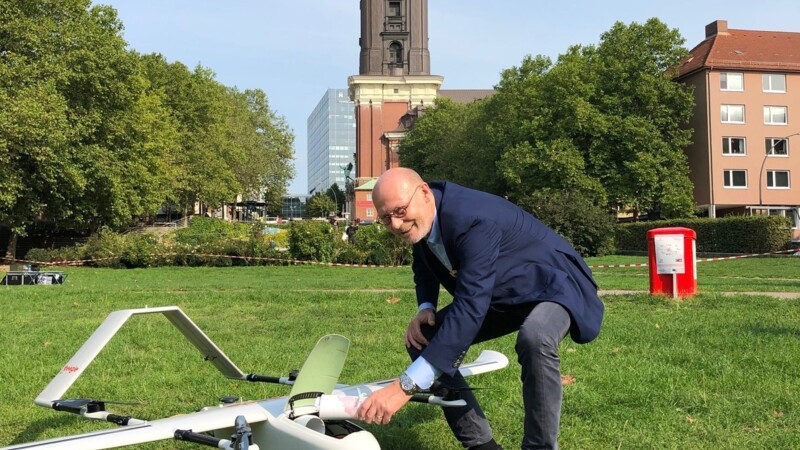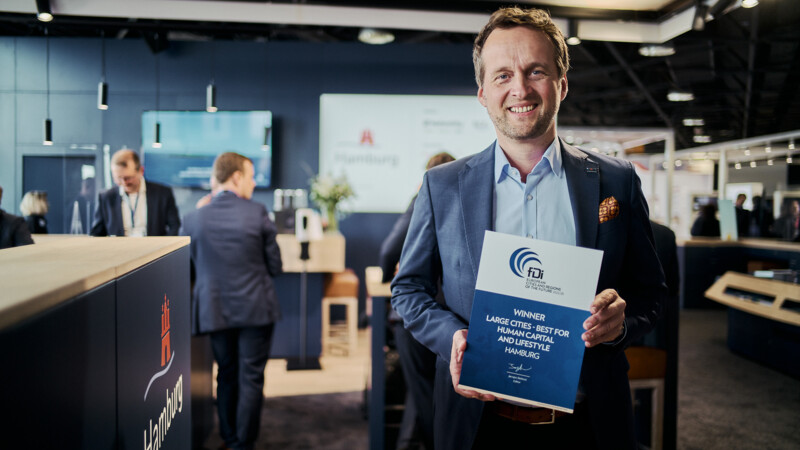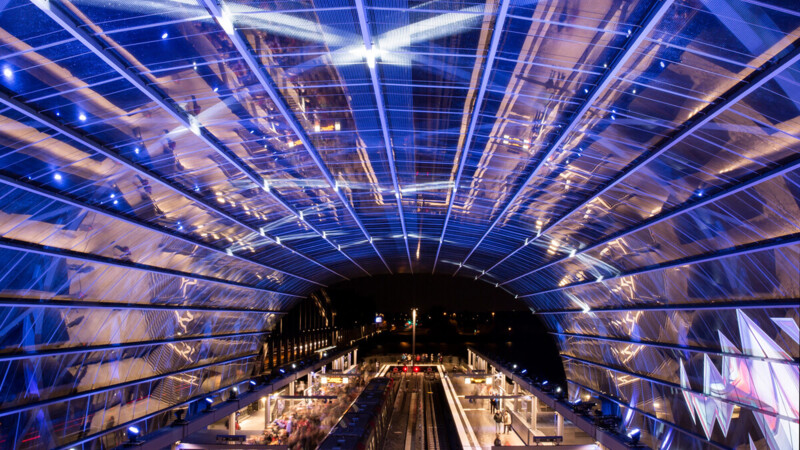Eight clusters have emerged under this strategy and networking boosts the potential for innovation and occurs mainly at the interface of various disciplines. "That increases a region’s competitiveness and advances technological and social transformation," Westhagemann noted. The hydrogen sector exemplifies successful networking. Hydrogen was added to the existing Renewable Energies cluster rather than setting up a dedicated cluster. Co-operation was then forged with other clusters. "By using the established structures and synergies, we made big strides in 2021. Meanwhile, four clusters and an industry-wide network are co-operating in the field of the hydrogen." This cross-cluster strategy proved worthwhile in other industry fields last year and interdisciplinary teams developed solutions to various challenges in the Cross Innovation Lab.




